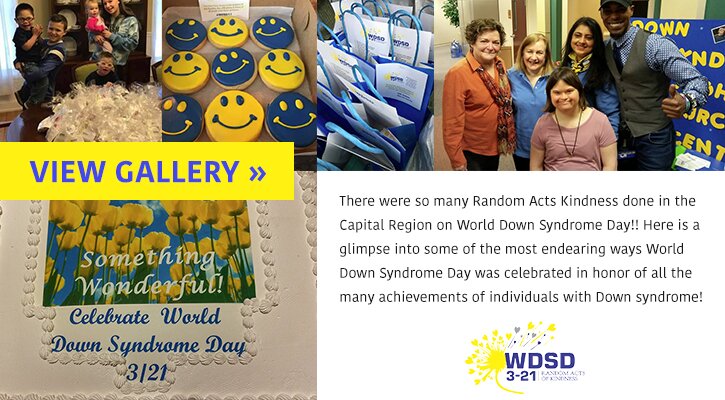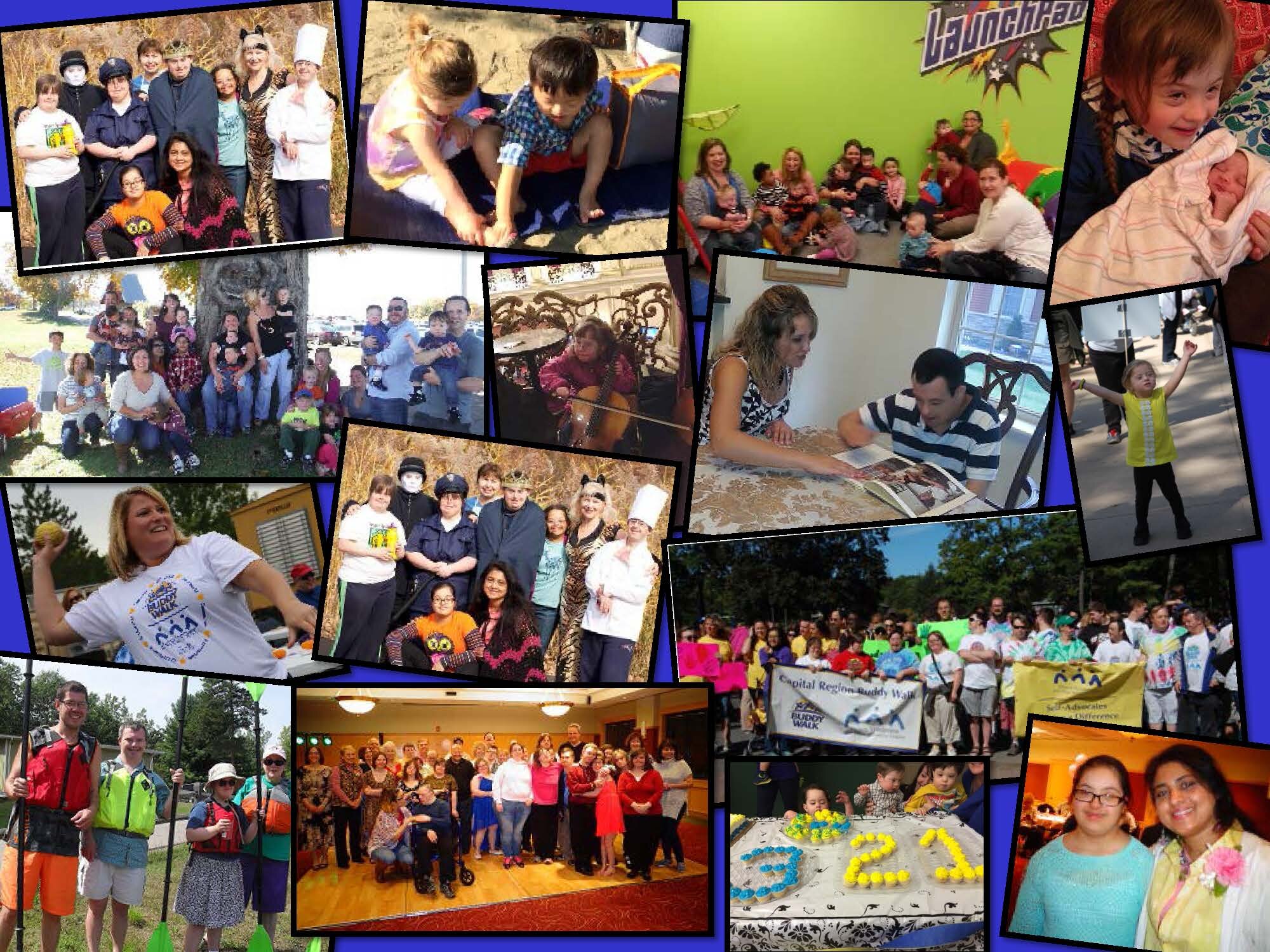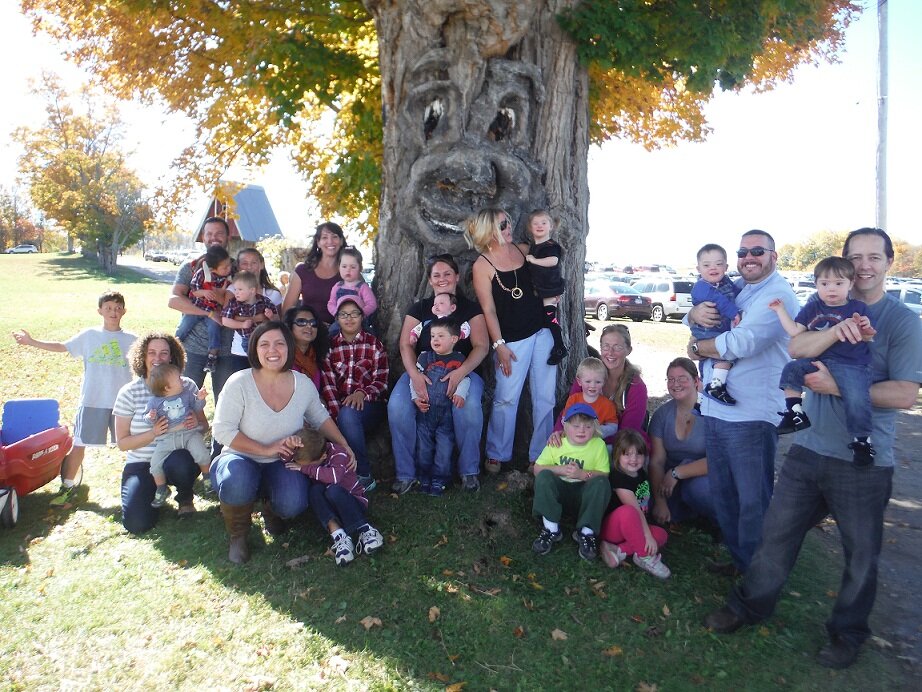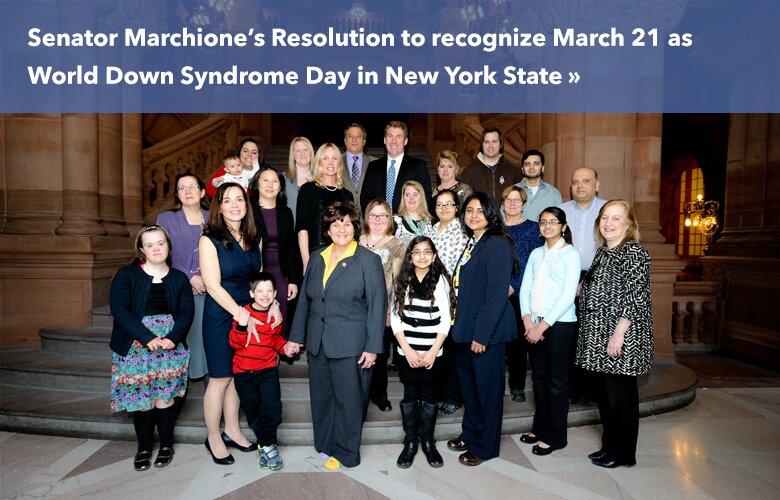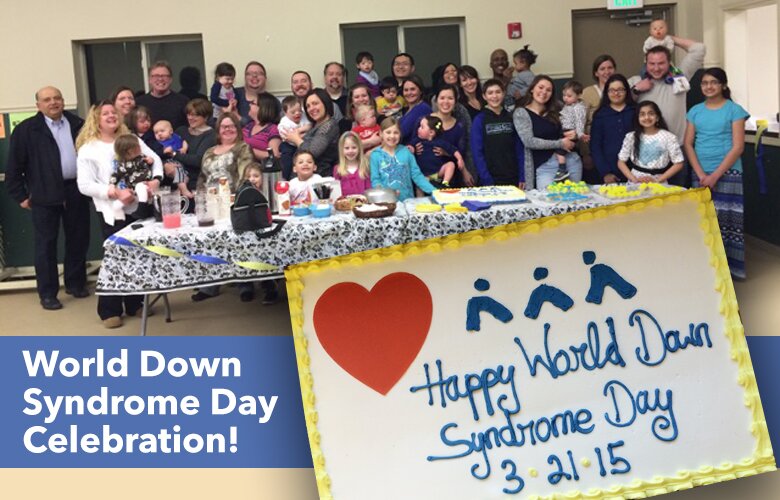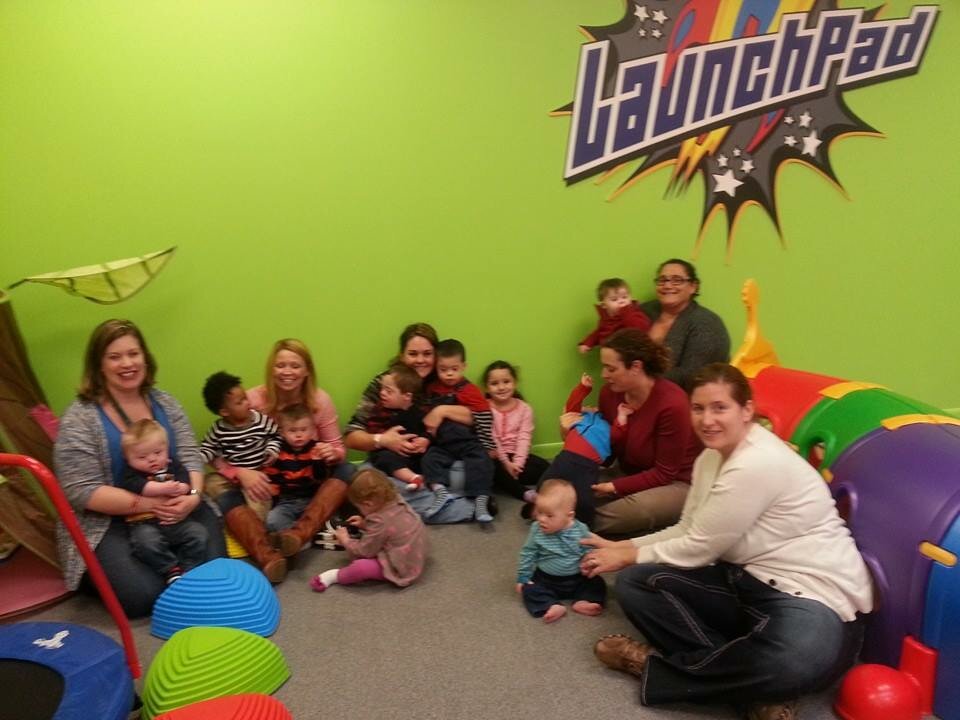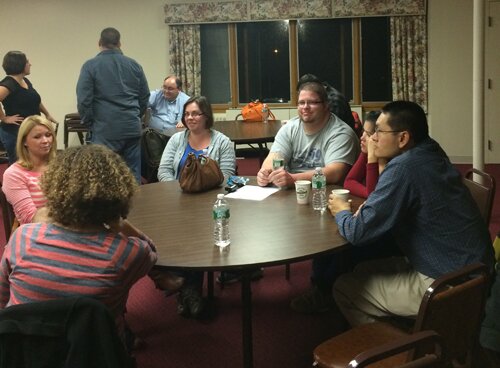Speech Therapy for Adults with Down Syndrome?
I often hear people commenting about teens and adults with Down syndrome plateauing. As a result of this perspective, many services are reduced or dropped and the individual is left to function “as is”, without the support to help him or her continue to grow and adapt communication skills as his or her needs and situations change. I do not share this perspective. I continue to develop my skills and talents in many ways, as I see my colleagues, friends, and others do also. So, why, I often ask myself, do I hear people not have the same expectations of teens and adults with Down syndrome?
I have worked with adults with Down syndrome. I believe that the key to their success is not to impose how I want a teen or adult with Down syndrome to change, but to explore with the individual what is interesting and motivating for him or her, and to then develop my activities and intervention strategies around what he or she may want to change. I need to respect that an adult, with or without Down syndrome, has the right to tell me no. As long as that person is not putting him or herself in jeopardy, I need to respect his or her decision that he or she may not be interested in changing something about him or herself.
Relating this perspective to speech, language, and communication, I believe that individuals with Down syndrome can continue to develop their skills well into adulthood, although not necessarily at the same rate or quantity. The individual must want to make changes. Speech, language, and communication needs change as one is introduced to new environments, situations, and communication partners. Speech, language and communication skills develop as one is supported in their new environments, situations, and with their new communication partners.
- Many adults with Down syndrome, given what was the focus of speech therapy years ago, did not have the benefit of oral motor therapy. Consideration of an evaluation and therapy is not too late.
- Many adults with Down syndrome, given what was the focus of language intervention years ago, did not have the benefit of “pragmatic therapy”. It is not too late to consider incorporating these skills into a therapy program.
- Many adults with Down syndrome need communication partners that help “facilitate” their participation in conversation.
- Many adults with Down syndrome need multiple “opportunities” to practice their communication skills with numerous communication partners.
- Many adults with Down syndrome did not have the benefits of visual tools to aide them in their speech, language, and communication skills. Consider incorporating visual tools now, as a means to facilitate continued growth.
A thorough evaluation by a speech/language pathologist can assist an adult with Down syndrome in identifying his or her strengths and suggest ways to develop other areas of speech, language, and communication that the individual may want to change or that the individual may need to develop given a new situation or environment.




